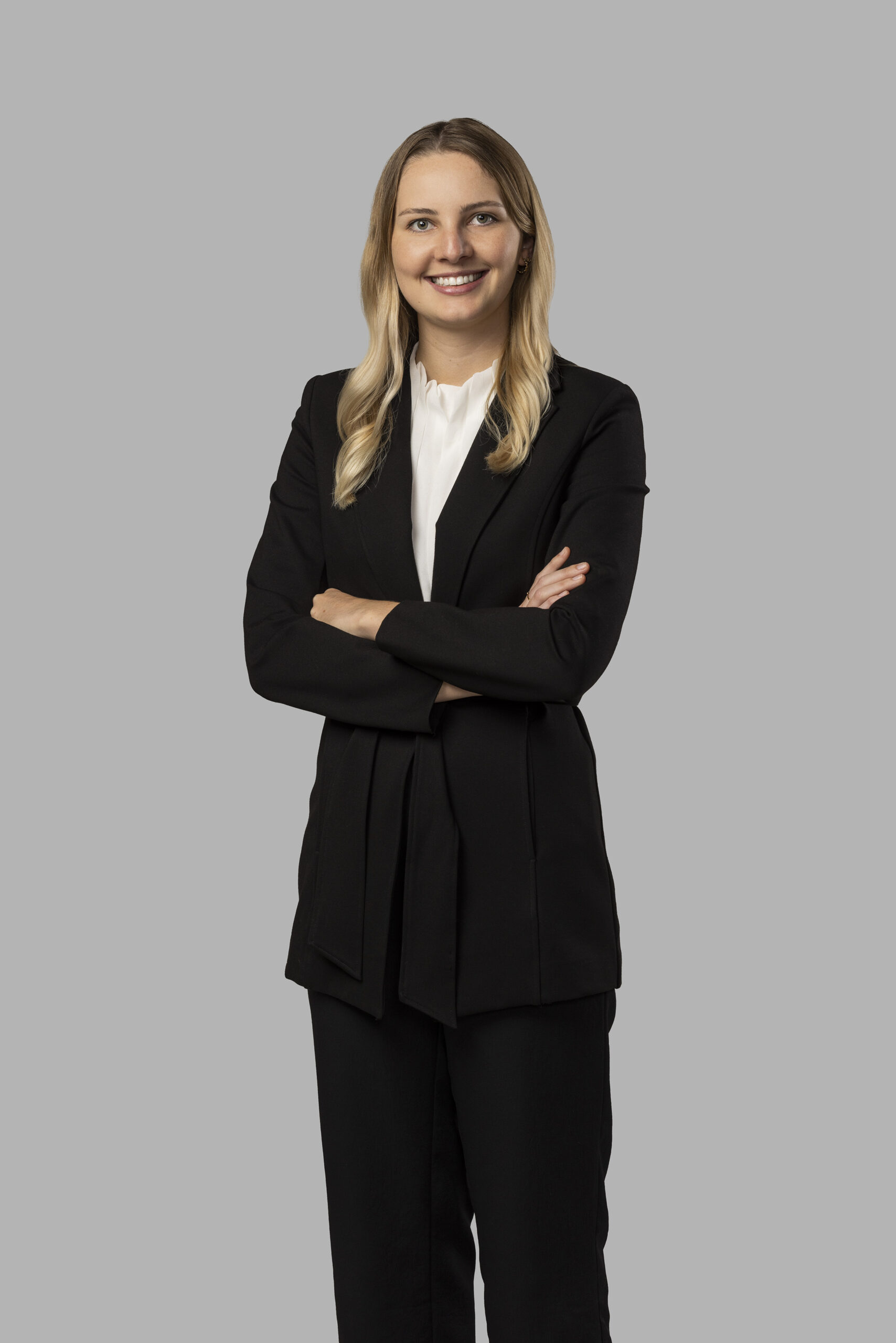To act as a guide to lower courts when sentencing offenders charged with high-range PCA, the NSW Supreme Court set out a Guideline Judgment.
Although the Guideline Judgment is in relation to offenders found guilty of high-range PCA, courts often refer to the principles and comments made by the judges in the Guideline Judgment when sentencing offenders charged with low range or mid-range PCA.

Why Streeton Lawyers?
- Proven track record of exceptional results
- Accredited specialists in Criminal Law available
- Rated as a First Tier Criminal Law Firm by Doyle’s Guide (2017-2023)
- Your first consultation is free
Call 24/7 (02) 9025 9888
Aggravating Factors
In the Guideline Judgment, the Supreme Court said that the following factors aggravate the seriousness of the offence:
- The degree of intoxication
- Erratic or aggressive driving
- Competitive driving or showing off
- Length of the journey at which others are exposed to risk
- The number of persons put at risk by the driving (for example, passengers in the vehicle).
The Supreme Court also made the following observations:
- Prior good character: Of less relevance because persons of otherwise good character often commit these offences.
- Nature of the driving: Once the vehicle is in motion the offence is more serious because of the risk of death or injury to others is increased.
- Involvement in a driver education program: This will have little impact on the appropriate sentence to be imposed with high range PCA, except in relation to the length of disqualification or the amount of a fine. The Court said that offence is “so serious and the criminality…so high” that the participation in a program cannot be seen as an alternative to punishment. It will not warrant the making of a section 10 simply because the offender has participated in such a program.
- The period of disqualification: The automatic period is not the maximum, but merely a default period that operates on conviction unless some other order is made. The disqualification period can be longer. There should be “sufficient and appropriate reasons for reducing the automatic period”.
- Hardship: There will almost invariably be hardship, or at least inconvenience, caused by disqualification for such a lengthy period. The focus is upon a criminal offence that Parliament considers to be one of the most serious summary offences.
- Orders under s.10: For high-range offences, the cases where, notwithstanding the objective seriousness of the offences, it is appropriate in all the circumstances to deal with a matter under section10 will be rare, and exceedingly rare for a second or subsequent offence. One example may be where a driver becomes compelled by an urgent and unforseen circumstance to drive a motor vehicle, say, to take a person to hospital.
Importantly, the Supreme Court said an ordinary offender for the offence of high-range PCA is where:
- the offender drove to avoid personal inconvenience or because the offender did not believe that he or she was sufficiently affected by alcohol
- the offender was detected by a random breath test
- the offender has prior good character
- the offender has nil, or a minor, traffic record
- the offender’s licence was suspended on detection
- the offender pleaded guilty
- there is little or no risk of re-offending
- the offender would be significantly inconvenienced by loss of licence
The Supreme Court then said that when sentencing an ordinary offender for high-range PCA:
- an order under SECTION 10 will rarely be appropriate
- a conviction cannot be avoided only because the offender has attended, or will attend, a driver’s education or awareness course
- the automatic disqualification period will be appropriate unless there is a good reason to reduce the period of disqualification
- a good reason to reduce the automatic period of disqualification may include:
- the nature of the offender’s employment
- the absence of any viable alternative transport
- sickness or infirmity of the offender or another person.
